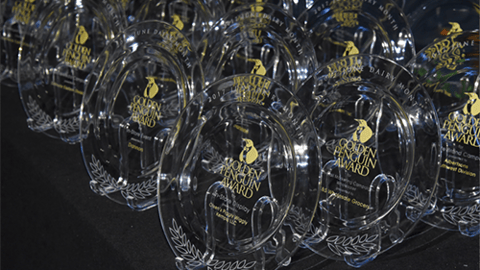Price-Conscious Shoppers Eye Frozen Foods
The chilling effect of inflation is hitting the frozen food sector. According to a new study from Acosta, an overwhelming 93% of consumers are noticing higher prices for frozen foods, while 40% are spending more time looking for savings on such items.
While shoppers are keenly aware of price, they also recognize some cost benefits of frozen foods compared to other grocery offerings. The Acosta research found that 67% of consumers believe that frozen foods sometimes provide a better value than fresh and freshly prepared foods.
The results of this year’s frozen food study reflect current hot-button issues, which have been evolving as global circumstances remain volatile in different ways. "Two years ago, our research attributed frozen food sales growth predominantly to the pandemic and the resulting evolution of consumer demand with more people cooking at home," pointed out Kathy Risch, SVP, consumer insights and trends. "Today, even as the average unit price for frozen products has risen 15% over 2021, consumers continue to select frozen as a key part of their food shopping experience. We've found that criteria for purchase are balanced between the requirements of affordability and value, healthy choices that meet dietary or lifestyle needs, convenience of preparation and a bit of comfort."
In addition to value, convenience and health are other drivers of frozen food sales – and represent merchandising opportunities for food retailers. Among other findings, Acosta reported that 75% of frozen food customers recently bought frozen vegetables and 89% purchased prepared frozen foods. Indulgence, including permissible indulgence and flat-out indulgence, is another reason shoppers pick frozen foods, as 91% of frozen food buyers brought home frozen desserts.
In its report, Acosta suggested that retailers can reap more frozen food sales by focusing on the three key drivers of value, convenience and health. "There is an opportunity to do more to engage with customers and drive excitement and purchase in the frozen section, in-store and online, through targeted omnichannel marketing, sales promotions and experiential retailing. Understanding the consumer mindset in frozen will play an important role in supporting anticipated growth and driving purchase decisions," Risch asserted.
Acosta released the findings of its "Frozen Food Trends and Insights" study ahead of the National Frozen and Refrigerated Foods Convention, held Oct. 15-18 in Orlando, Fla.






